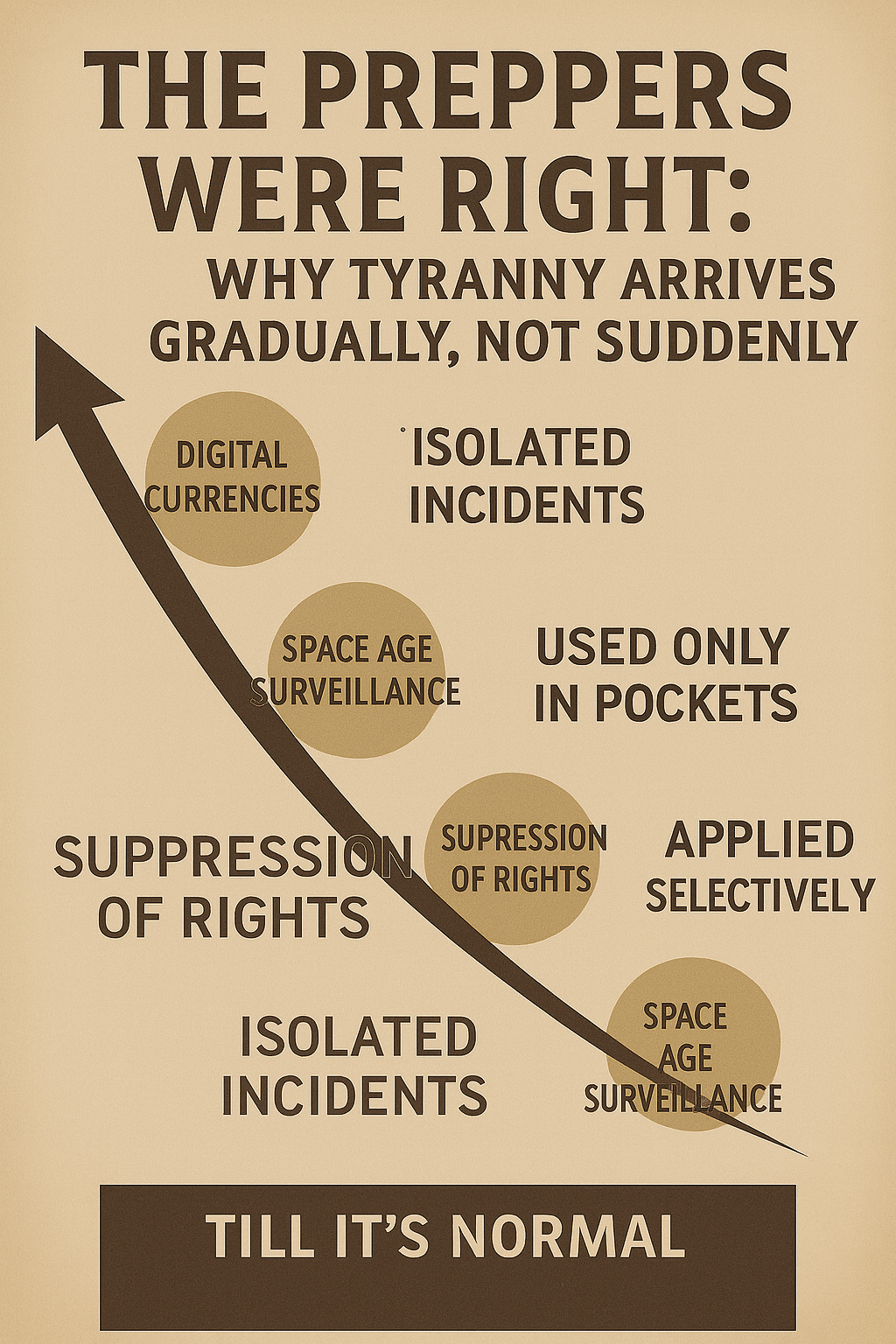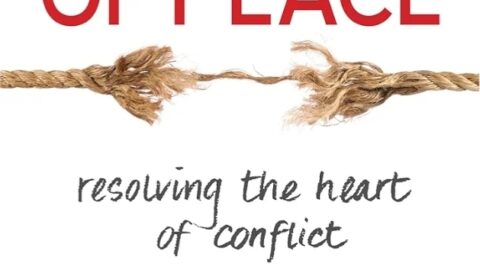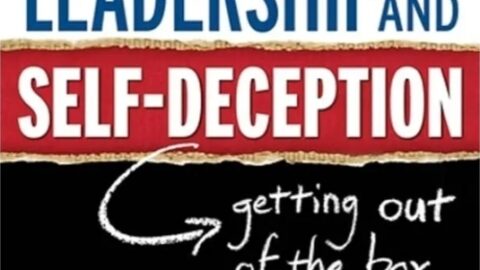Introduction: From Mockery to Vindication
For decades, preppers were dismissed as eccentrics—hoarding canned food, water barrels, and generators as if the world were about to end. Neighbors rolled their eyes, politicians laughed, and media painted them as paranoid survivalists waiting for doomsday.
But as the transcript makes clear, tyranny doesn’t usually come with a mushroom cloud or alien invasion. It comes gradually, step by step, so slowly most people never notice. And that’s exactly why the preppers were right.
They Saw the Planned Outcome
David Icke’s central point echoes the prepper instinct: If you know the outcome, the journey makes sense.
- The outcome is not random chaos; it’s digital, centralized control: CBDCs, AI integration, and surveillance over every choice.
- Preppers refused to treat every crisis—wars, financial crashes, pandemics—as isolated accidents. They saw each as a step in a pattern leading toward dependency.
They Refused the Soma of Comfort
Most people soothe discomfort with little doses of “modern Soma”: phones, fast food, pills, shopping, streaming. The system uses comfort to keep people docile.
- Preppers resisted this trap. By practicing scarcity, growing food, and living with less, they embraced discomfort.
- Their discipline became a form of freedom. While the public anesthetized itself, preppers trained for resilience.
They Practiced Psychological Sovereignty
The transcript insists that true preparation isn’t just physical stockpiles—it’s mental independence.
- Preppers already live this. They don’t wait for governments or corporations to tell them how to survive.
- They question official narratives, resist fear-driven obedience, and build lives outside fragile supply chains.
They Built Networks Against Isolation
The system thrives on atomization—isolated individuals glued to screens, easy to manipulate.
- Preppers form networks: families who store food together, neighbors who trade skills, online groups who share survival knowledge.
- These communities resist the loneliness that makes people easy prey for digital dependency.
They Recognized the Debt Trap
While most treated debt as “normal,” preppers saw it as chains.
- The system creates money from nothing, demands repayment with interest, and inevitably seizes real assets when defaults occur.
- Preppers countered by owning land, storing barter items, and lowering reliance on fragile financial institutions.
They Anticipated the Shift to Digital Chains
Cash once gave anonymity. CBDCs will give governments total visibility and programmable control.
- Preppers saw this coming long before it made headlines. That’s why they stocked silver, gold, seeds, tools, and tangible goods.
- Their focus was always on what cannot be switched off by a keystroke.
They Rejected the Belief-System Prison
The transcript warns: left vs. right, Christian vs. Muslim, East vs. West—all distractions.
- Preppers don’t waste energy on partisan battles. They prepare because they know tyranny targets everyone equally.
- While others fight over team colors, preppers focus on sovereignty: food, water, energy, community.
They Knew the Playbook: Crisis, Reaction, Solution
Wars, pandemics, climate emergencies—the pattern repeats:
- Create or exploit a crisis.
- Provoke fear and desperation.
- Offer the pre-planned solution (surveillance, centralization, loss of liberty).
Preppers built resilience not because they feared one crisis, but because they saw the formula behind them all.
Conclusion: Wide Awake in the Fragile Civilization
The transcript describes tyranny as a slow tightening—debt slavery, digital currencies, AI integration, psychological conditioning. The masses are too distracted to notice.
But preppers noticed. They lived uncomfortably on purpose, prepared for fragility, and saw the outcome before it arrived.
History now vindicates them: they were not paranoid—they were wide awake. And in the storm of digital chains and creeping tyranny, their example is no longer fringe. It may be the last blueprint for freedom.







